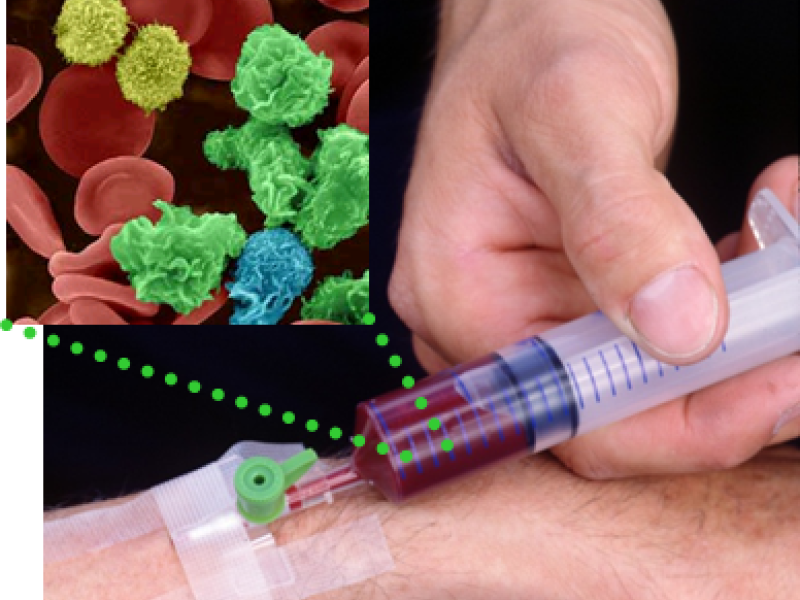Tumor diseases rank among the most frequent causes of death in Western countries coinciding with an incomplete understanding of the underlying pathogenic mechanisms and a lack of individual treatment options. Hence, early diagnosis of the disease and early relapse monitoring are currently the best available options to improve patient survival. This calls for two things: (1) identification of disease specific sets of biological signals that reliably indicate a disease outbreak (or status) in an individual. We call these sets of disease specific signals “fingerprints” of a disease. And (2), development of new classification methods allowing for robust identification of these fingerprints in an individual's biological sample. In this project we will use –omics data sources, such as proteomics or genomics. The advantage of -omics data over classical (e.g. blood) markers is that for example a proteomics data set contains a snapshot of almost all proteins that are currently active in an individual, opposed to just about 30 values analyzed in a classical blood test. Thus, it contains orders of magnitudes more potential information and describes the medical state of an individual much more precisely. However, to date there is no gold-standard of how to reliably and reproducible analyze these huge data sets and find robust fingerprints that could be used for the ultimate task: (early) diagnostics of cancer. In this project we develop new techniques for enhancing fingerprint robustness by sparse classification methods.
